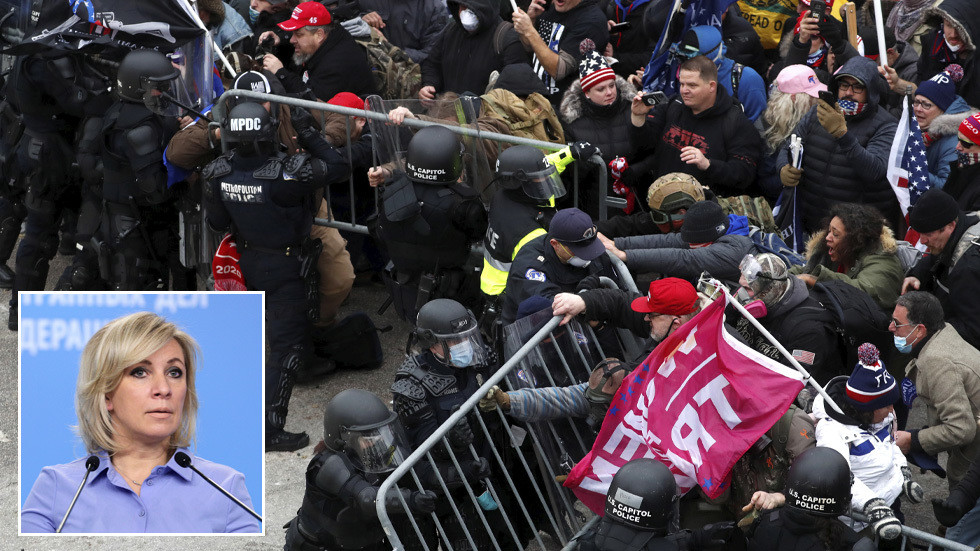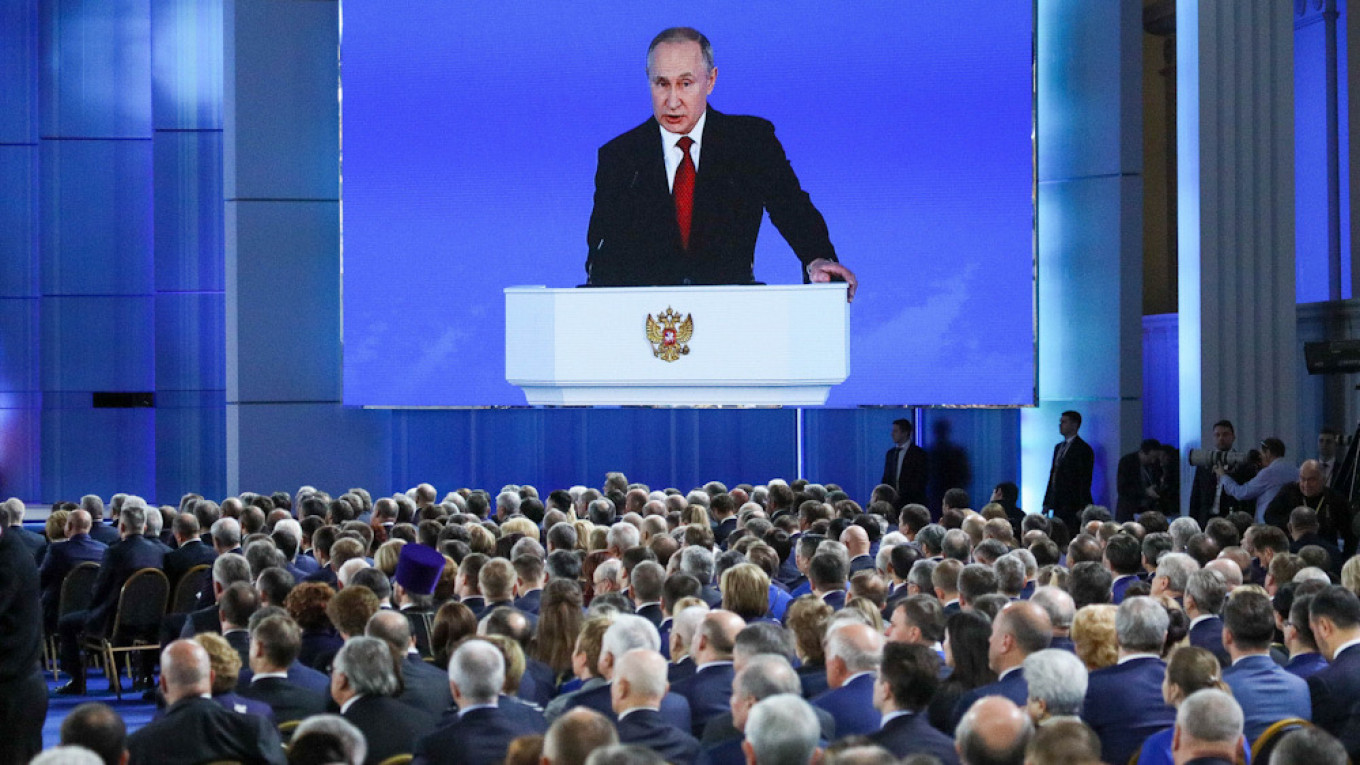
Gilbert Doctorow, Ph.D.
Gilbert Doctorow is the European Coordinator of the American Committee for East West Accord, Ltd. Gilbert Doctorow is a Research Fellow of the American University in Moscow
Ukrainian Prime Minister Yatsenyuk’s stepping down is a mostly cosmetic move in response to the Dutch rejecting the E.U.’s association agreement with Ukraine, a country still locked in political dysfunction, says Gilbert Doctorow.
By Gilbert Doctorow
The significance of Ukrainian Prime Minister Arseniy Yatsenyuk’s resignation speech has been given more weight by Western media than it merits. After all, he and President Petro Poroshenko were on the same side of the political equation even as they arm-wrestled for much of the last two years for greater influence and power. On the other side of the equation are the Pravy Sektor and fellow radical nationalist forces of the war party.
To those who may argue that notwithstanding his technocratic image as an economic reformer Yatsenyuk himself has been a fervent nationalist backing the extreme policies directed against Russia, I respond with another viewpoint that strips things back to essentials: Yatsenyuk and Poroshenko are two stiffs in knit suits, politicians both.
On the other side are the guys carrying guns who were the force behind the Maidan uprising and who are effectively controlling the front lines in Donbas and the border with Crimea. They represent the violence and threat of violence that remains unchanged by the departure of Yatsenyuk. And standing behind Yatsenyuk and Poroshenko are the untamable oligarchs.
It is these forces behind the throne that have made it impossible for Poroshenko to put through the various legal and constitutional changes necessary to implement the political side of the Minsk-2 accords. Therefore, after Yatsenyuk’s departure, Ukraine will remain at war with no reforms of substance possible nor any real crackdown on corruption thinkable.
This means the likely continued withholding of desperately needed International Monetary Fund money — and the leaders of Western Europe, at least those not ideologically committed to Russia-bashing, distancing themselves further from Ukraine. The question becomes how long Ukraine can defy the economic laws of gravity before descending into chaos.
As for the timing of Yatsenyuk’s departure, which has been hanging in the air since Poroshenko provoked a vote of confidence to oust him in February, the answer lies in to the April 6 Dutch referendum, which made it essential to offer up a scapegoat and show that Ukrainians intend to get their house in order.
The Dutch referendum was important not only because the majority of those going to the polls voted no to ratification of the European Union’s Association Agreement with Ukraine but also because the rejection came in the face of European leaders urging approval or at least hoping to tamp down the turnout so it would fall below the 30 percent quorum requirement.
Though much ink has been spilled by pundits since April 6 playing down the significance of the Dutch referendum – given that 80 percent of the Association Agreement has already been implemented on a provisional basis – a thorough legal analysis presented by the Centre for European Policy Studies, a leading Brussels think tank, made it clear that the referendum nonetheless does have significant consequences.
The economic part of the Agreement was within the power of the European Commission and the European Parliament. That has indeed been implemented and is not immediately affected by the Dutch referendum. However, in practice it has been a one-way agreement so far, only facilitating European exports to Ukraine while the counter flow, which fell by one-third in 2015, is subject to negotiations to avoid what would, in effect, be dumping of Ukrainian agricultural commodities on the European market at low prices with very destructive results if unchecked.
Meanwhile, the political and military chapters of the Association Agreement, which require ratification by all 28 Member States of the E.U., are effectively now a dead letter. And it was precisely these little known texts calling for close coordination of defense and foreign policies between the E.U. and Ukraine that sent up red flags for Russia watchers. This would have been the first step toward full NATO membership.
Moreover, while spokesmen for the European Commission and Parliament say they intend to proceed with implementation of a visa-free regime for Ukraine, which is technically within their rights, it is hard to see how this can be done without pouring oil on the flames of discord within the E.U. at a time when the Union is under great stress and may be coming undone.
It was precisely the nightmare of Ukrainian economic refugees making their way to the streets of Amsterdam that fed the xenophobic movement of Geerd Wilders and his "No” campaign in the referendum. The E.U.’s defiance of the Dutch vote now would play directly into the hands of the Brexit movement in the U.K. by proving the undemocratic, out-of-control nature of the E.U. institutions.
At the same time, the Ukrainian leadership must have been even more unnerved by what its "friends” were saying to counter the possible "No” vote in Holland. Just days before the referendum, European Commission President Jean-Claude Juncker told reporters that Ukraine was not a candidate for E.U. membership and would likely not be ready for membership in the coming 20 to 30 years. In political life, that means "never.” Similar words of contempt for Ukraine came from the Dutch Prime Minister Mark Rutte.
In this sense, the Dutch referendum was surely the trigger for the removal of Yatsenyuk to show Europe and the world that Ukrainian leaders were trying to consolidate their power in order to proceed with deep reforms. But Kiev’s political leadership is not where the real power in the country lies.




_jpg/250px-ElbeDay1945_(NARA_ww2-121).jpg)









